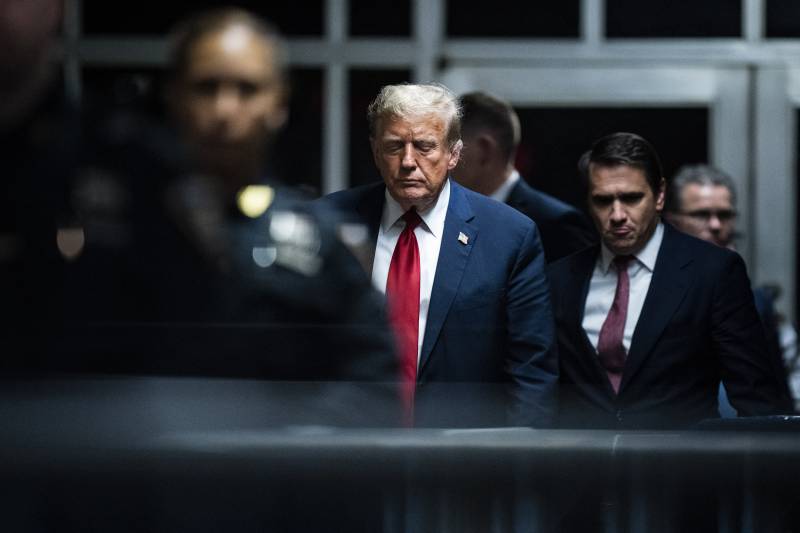After the U.S. Supreme Court decimated much of the Voting Rights Act in 2013, casting a ballot has become harder, not easier, in many states. Limits on how and where to vote, gerrymandered voting districts that diminish the power of voters of color, challenges to vote-by-mail laws and former President Donald Trump’s lies that legitimate election results were not valid all contribute to the problem.
Richard Hasen is a professor of Law and Political Science at UCLA Law School, where he directs the Safeguarding Democracy Project. His new book titled, “A Real Right to Vote” suggests the only way to really address these barriers to voting is an amendment to the U.S. Constitution.
